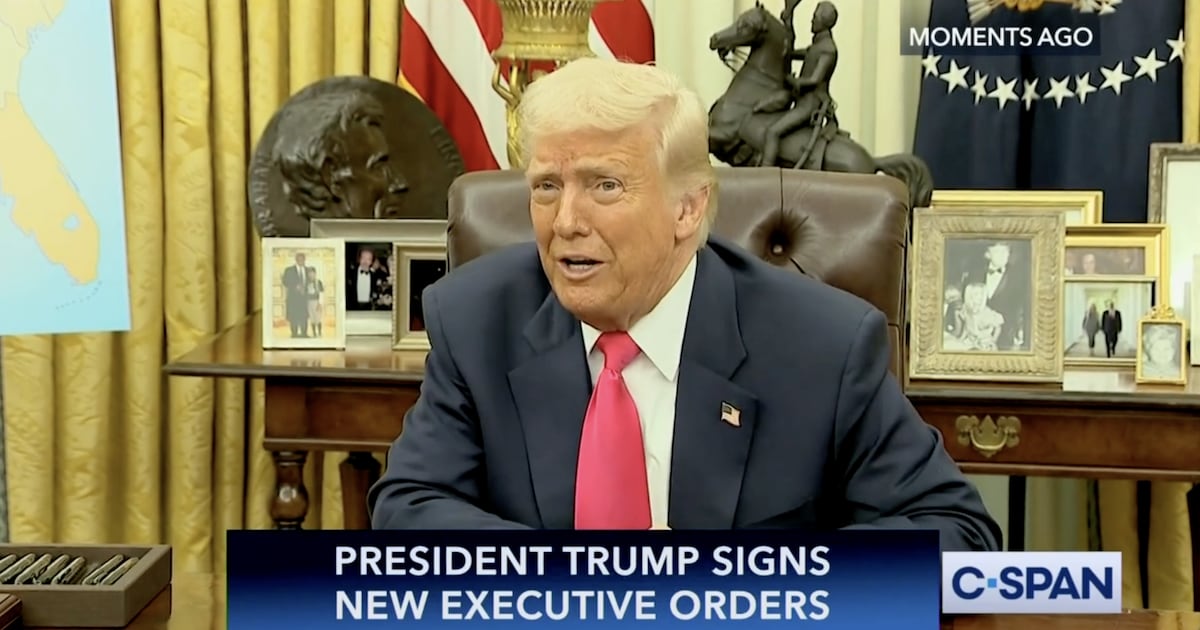It's been 25 years since Danny Glover starred alongside Mel Gibson in the blockbuster action film Lethal Weapon. When asked to reflect on the anniversary, Glover laughs, after slipping back into character as LAPD Sergeant Roger Murtaugh to deliver a G-rated version of his popular catch-phrase: “I'm too old for this.”

But Glover, 65, whose acting credits include The Color Purple and Dreamgirls, is less inclined to view life through a rear-view mirror these days. In fact, Glover is busier than ever. He's just been cast as Thurgood Marshall in the upcoming HBO biopic on Muhammad Ali. Meanwhile, he's juggling a host of projects after his production company, Louverture Films, recently released a slew of buzz-worthy films, including the documentary The Black Power Mixtape 1967-1975 and the gritty Hindi crime thriller Dum Maaro Dum.
As outspoken as any of his on-screen characters, Glover has long garnered headlines–while also sparking controversy–for his activism. On Tuesday morning, Glover will join protesters at the U.S. Department of Justice to mark the birthday of former death-row inmate Mumia Abu-Jamal, a former Black Panther convicted in the 1981 murder of Philadelphia police officer Daniel Faulkner. The demonstration, which is also being dubbed “Occupy the Justice Department,” seeks to call attention to a range of criminal-justice reform efforts. Glover spoke to The Daily Beast about the protest, the Trayvon Martin case, and the Obama administration. Edited excerpts below:
The Daily Beast: Why protest at the Justice Department at this time?
Danny Glover: The federal government is the highest level at which we look at the justice system. We can talk about many things with respect to sentencing guidelines, the death penalty, and mass incarceration. All of that is playing out in states across the country. The federal government has the power to dictate to the state about improving policies as a supreme upholder of the law of the land. It's important to understand that.
Mumia Abu-Jamal was removed from death row last year. What still troubles you about this case?
I've been involved in some capacity in the case for over 20 years. The district attorney's action of removing him from state execution does not deal with the main, fundamental issue–Mumia Abu-Jamal's innocence. So we still haven't resolved or come to some sort of conclusive point. Mumia was one person in a whole situation where we had a police department which abused its power at times to taint evidence and subject those who were accused of a crime to illegal tactics.
What were some of your expectations, as it relates to criminal-justice policy, from President Barack Obama and Attorney General Eric Holder?
I think we miss the point here. There's some expectation that we have for ourselves as citizens. But the actions that we have to engage ourselves in as citizens are not in any way diminished by the fact that we have a person of color in those respective positions. Their presence does not deal with a flawed system that we're living with. I expect them to not, in any sense, hand us anything. But I also expect that our role as citizens in this country is to demand and fight for justice.
The Trayvon Martin case has sparked a debate nationwide about race and gun control. What are your thoughts as the case now works its way through the court system?
Certainly, when we talk about Trayvon Martin, we have to think about what we need to aggressively do with respect to racial profiling, continued racism, and the criminalization of certain portions of our population. And we have to think about the power that state governments have in regulating gun control. There's a certain kind of morality with respect to those issues that we have not been able to discuss in a way that we should.






